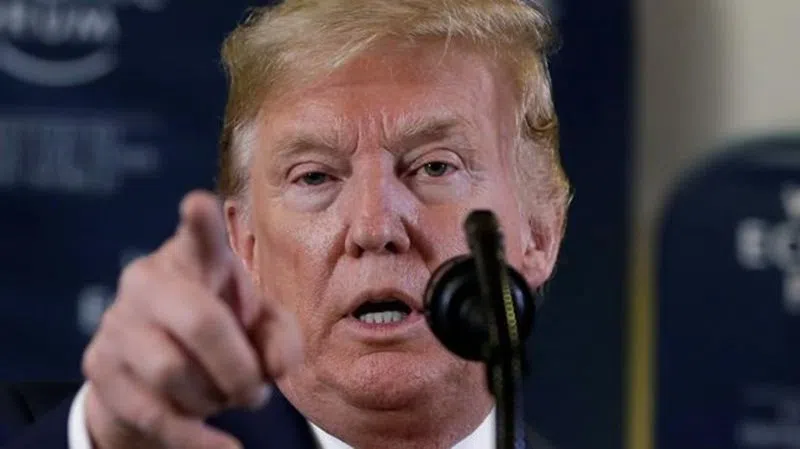
Trump vs. Bloomberg: Fortunes collide in pricey knife fight
NEW YORK — They are circling each other like wary boxers, with taunts on Twitter, snarky asides and belittling descriptions. They rose to prominence in Manhattan on parallel tracks, amassed wealth real and perceived and displayed a penchant for putting their names on things.
That’s where the similarities end. President Donald Trump and Michael Bloomberg could hardly be more different as people, but now they both want the same job: Trump’s.
Bloomberg is making the case that he is many things that Trump is not: a builder of a financial data and media company that employs 20,000 people, a billionaire whose worth Forbes estimates at $60 billion, a problem-solver with a steady temperament who was elected three times as mayor of the nation’s largest city, one of the world’s leading philanthropists.
“Bloomberg is someone Trump would have liked to have been: to have invented something everyone uses, to have real wealth, to be seen as a creative person. Trump had to create an image for himself,” said George Arzt, onetime press secretary to former New York Mayor Ed Koch. Arzt knows both men professionally and personally.
